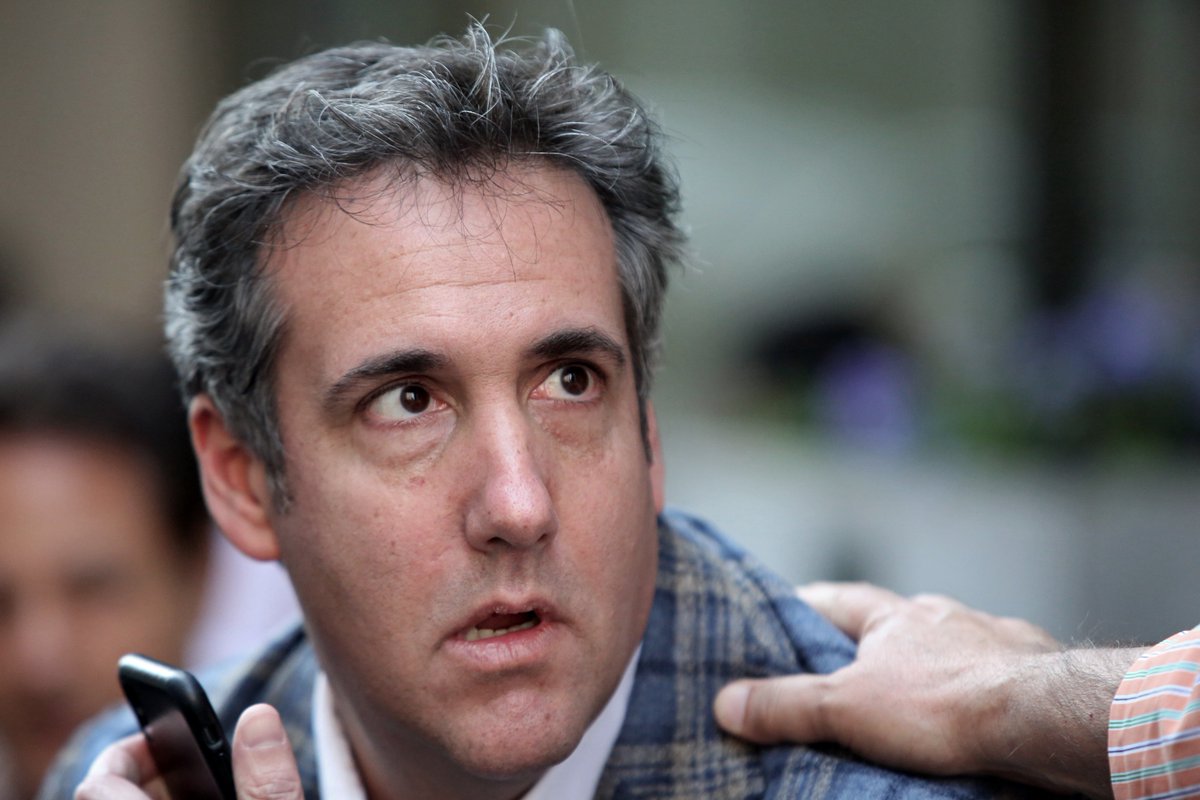
An alternate reality: Donald the Good.
The Birth of Godly Trump, the Humble Teacher – Talking Points Memo
by Josh Marshall
You may have seen some of these paintings already. I’d seen maybe half of them floating around social media over recent months. They’re the work of a painter from Utah named Jon McNaughton. (You can find all his work for sale here.) He specializes in a sort of kitschy painting focusing on patriotic and Christian themes. They have a very didactic bent. People from wildly different eras of history side by side in highly didactic group portraits. So you’ll have Jesus being shunned at the podium in the House of Representatives or this painting of Moses with George Washington, Thomas Jefferson, Antonin Scalia, Phyllis Schlafly and others.
What makes McNaughton’s painting more than a mere curiosity is that he’s developed a huge following on the American right. He’s got the endorsement of Sean Hannity, who frequently posts his new work. (He seems to do a good business selling various prints and reproductions of his paintings to right-wing Republicans – on that front, good for him.) His work has also been lampooned on various mainstream TV shows and websites. Shortly after President Trump’s election he even got this write-up by the art critic of The New Yorker. Like so much of the right today, perhaps half of the effort is to goad non-conservatives into histrionics slugfests which confirms and perpetuates a critical sense of aggrievement.
McNaughton first broke out, as it were, with this 2010 painting called The Forgotten Man, which he says was inspired by the passage of the Affordable Care Act. The title is likely a play on this 1934 painting of the same name by Maynard Dixon. The Forgotten Man got another burst of press just after the 2016 election when Sean Hannity purchased the original painting. Originally he seemed into gifting it to President Trump to hang in the White House.







